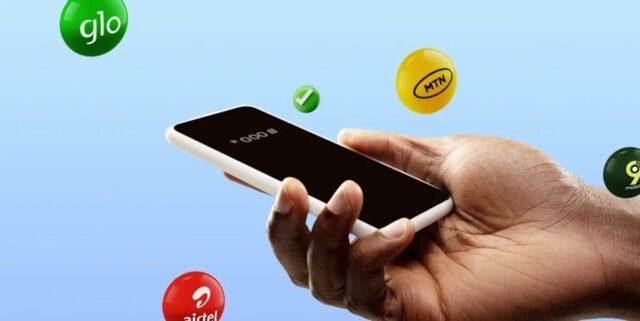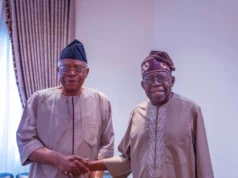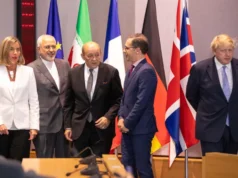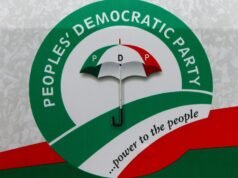Twenty-four years back, in 2001, Nigeria embarked on a telecoms odyssey that would forever change the nation’s social and economic fabric. The liberalisation of the sector—marked by the government under President Obasanjo opening up for digital mobile operators—was nothing short of revolutionary. SIM cards entered the market and snapped Nigeria out of its analogue slumber. Ordinary Nigerians gained instant, affordable access to voice and SMS services for the first time.
Prior to this shift, NITEL (Nigerian Telecommunications Limited), Nigeria’s state-run operator, only managed a few hundred thousand landlines—largely inaccessible to ordinary folk. By 2001, the country had fewer than 450,000 active lines—priceless privileges that only the rich or government had access to. But the liberalisation unleashed a surge of private players. Within years, hundreds of millions of Nigerians began owning phones, and mobile telephony became a cultural mainstay.
By 2006, mobile penetration had rocketed to about 20%, and by the mid-2010s, smartphone proliferation, driven by affordable brands like Tecno and Infinix, brought mobile internet to the masses. The GSM launch triggered a domino effect: telecom infrastructure grew rapidly, voice services expanded, SMS boomed, and eventually, data services followed. Fast forward to 2025, and active mobile subscriptions number in the hundreds of millions, marking a shift from once-scarce lines to widespread connectivity.
Table of Contents
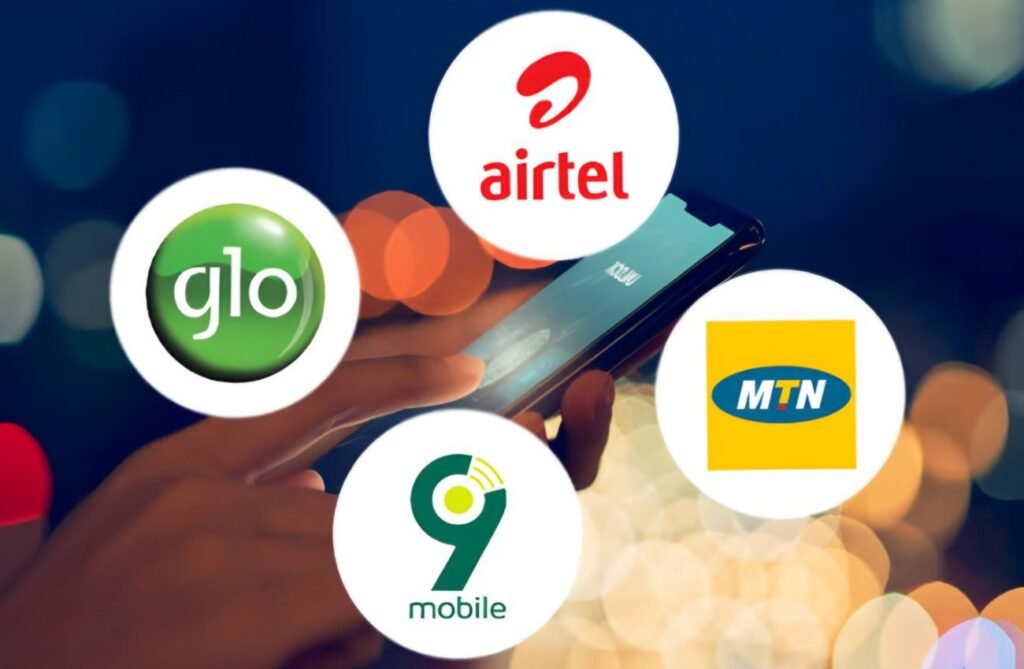
Jobs, Skills & Economic Impact: A Sector Empowering Nigerians
This telecom revolution was more than mere connectivity; it became a driver of economic growth, job creation, and human capacity development.
Estimates suggest the sector has drawn in over US$70 billion in investments and created more than 500,000 jobs—both directly and indirectly. This number multiplies when you factor in the numerous informal jobs: phone-charging spots, SIM-card vendors, mobile money agents, phone repairers across markets like Computer Village in Lagos and GSM Village in Abuja.
Regulatory data from the NCC shows telephone lines grew from under 1% teledensity in the early 2000s to nearly 100% in recent years. But telecoms’ contributions go far deeper. The industry’s share of GDP has steadily climbed—from about 7.6% in 2014 to around 16-17% by 2024, with ICT, including telecom, pushing close to 20%.
Recently, these reforms are expected to boost the sector’s impact further—potentially contributing $25 billion annually to Nigeria’s GDP. This economic expansion spans across agriculture, education, banking, entertainment, and countless SMEs. Mobile internet has empowered fintech platforms—Opay, Moniepoint, Flutterwave—to thrive, while entertainment (Afrobeats, Nollywood) found global audiences on mobile infrastructure.
Moreover, the sector has engendered a generation of telecom professionals: engineers, network planners, marketers, customer service officers—all trained locally, many now exporting their skills across Africa and beyond.
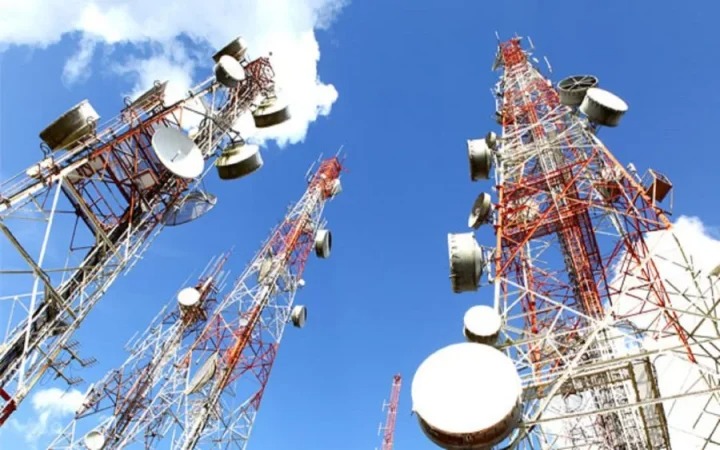
Bridging the Digital Divide: Inclusion and Innovation
Nigeria’s digital journey hasn’t just enriched cities; it has reached deep into rural heartlands. Via the Universal Service Provision Fund (USPF) established in 2003, the NCC has expanded ICT infrastructure—and with it, opportunity—to underserved areas.
Complementing this, the National Broadband Plan 2020–2025 has been instrumental in raising broadband penetration and population coverage targets. NCC supporters launched shared infrastructure programs and upgraded rural networks, bringing more Nigerians online.
Africa’s 5th-largest IXP—the Internet Exchange Point of Nigeria (IXPN)—came alive in 2006 via NCC-ISPAN collaboration. By keeping traffic local, it slashed latency and saved millions in foreign bandwidth costs.
Privately, companies like Phase3 Telecom have played key roles by building aerial fibre-optic networks and partnering on satellite broadband to connect remote communities.
Crucially, the telecom revolution has been a beacon of inclusion—bringing financial services, tele-education, tele-health, and governance services to areas that once hung in digital darkness.
What’s Next? From 5G to Healthy Competition
What now? With the foundational work well-laid, Nigeria’s telecom sector is poised for its next frontier: 5G, IoT, AI, and truly digital services.
5G is already live in key states like Lagos, Abuja, Port Harcourt, Ibadan, Ogun, Kano, Owerri, and Maiduguri—sales are ramping up for advanced data use cases. The promise of IoT, smart cities, and AI-powered applications looms on the horizon.
Yet challenges persist. The market today is dominated by MTN and Airtel, who hold around 86% of subscribers (52% and 34% respectively)—raising concerns over stagnating competition, fair pricing, and innovation vacuum. Experts argue for opening the field to MVNOs or fresh MNOs to reignite choice and service quality. Enhanced NCC enforcement of MVNO frameworks could accelerate the return of healthy competition.
On the upside, $1 billion worth of network equipment is set to arrive between mid-2025, thanks to tariff adjustments and heavy investment—creating hope for widespread 4G/5G improvements and rural expansion by Q3 2025.
The NCC’s ongoing reforms—licence updates, Right-of-Way reductions, regulatory transparency, and legal modernisation—are laying down a stronger foundation for the digital economy to flourish.
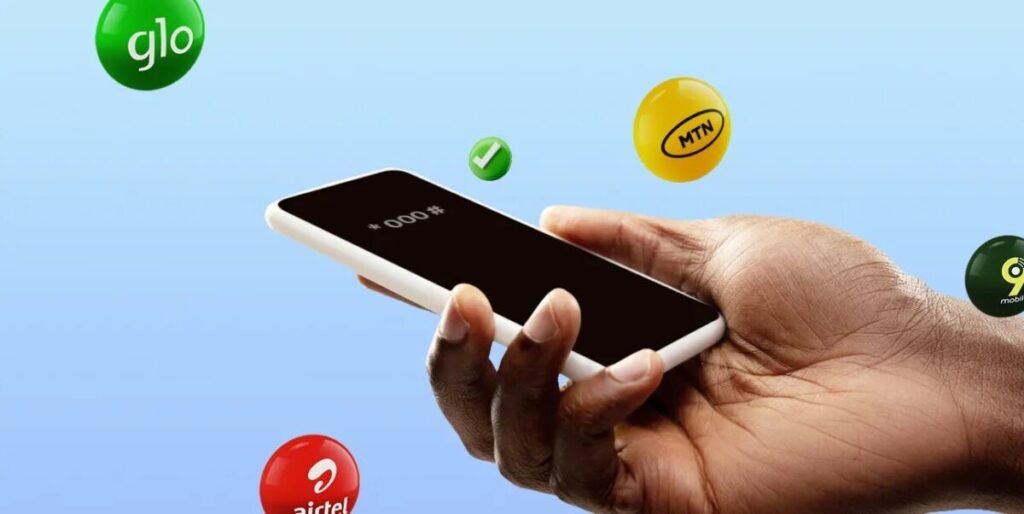
Celebrating 24 Years Strong—and Still Climbing
From its analogue origins under NITEL to today’s mobile-rich, digitally enabled society, Nigeria’s telecom journey is nothing short of extraordinary. The ripple effect has touched every corner of our national life—economy, education, entertainment, governance, and more.
At 24 years and counting, this telecom transformation remains vibrant and ongoing. Mobile phones are not just gadgets—they’re tools of empowerment for farming families, students, entrepreneurs, creatives, and innovators. They are the connectors that bind our country together, and the launchpads that project us into tomorrow.
Join Our Social Media Channels:
WhatsApp: NaijaEyes
Facebook: NaijaEyes
Twitter: NaijaEyes
Instagram: NaijaEyes
TikTok: NaijaEyes


